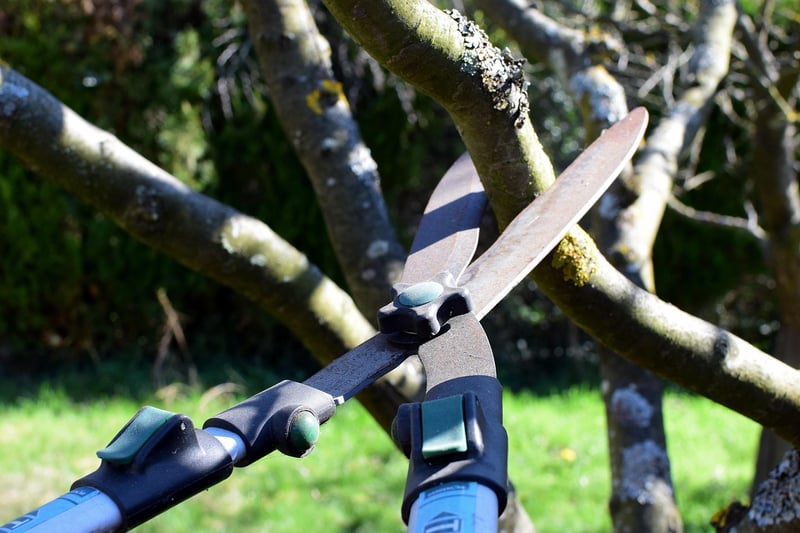Pruning Techniques
Keeping Your Garden Healthy: Essential Pruning Techniques
Having a healthy garden requires more than just watering and fertilizing. Proper pruning is an essential practice that not only enhances the aesthetics of your garden but also promotes plant health and growth. Learn about some key pruning techniques to keep your garden in top shape.
1. Deadheading
Deadheading is the process of removing spent flowers from plants. This technique not only improves the appearance of the plant but also encourages new blooms and prevents the plant from going to seed prematurely. Use clean, sharp pruners to snip off faded flowers regularly.
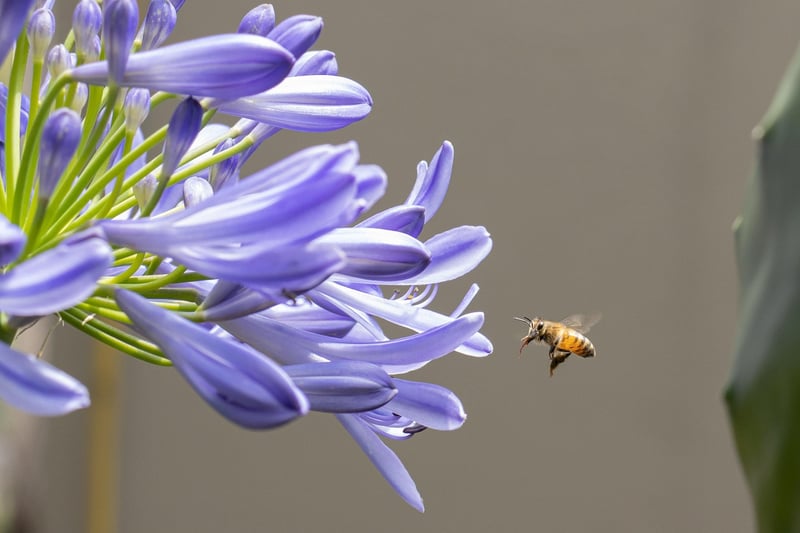
2. Thinning
Thinning involves selectively removing branches or stems to improve airflow and sunlight penetration within the plant. This helps reduce the risk of disease by promoting better circulation and also encourages new growth. Thin out crowded areas to allow for better development of the plant.
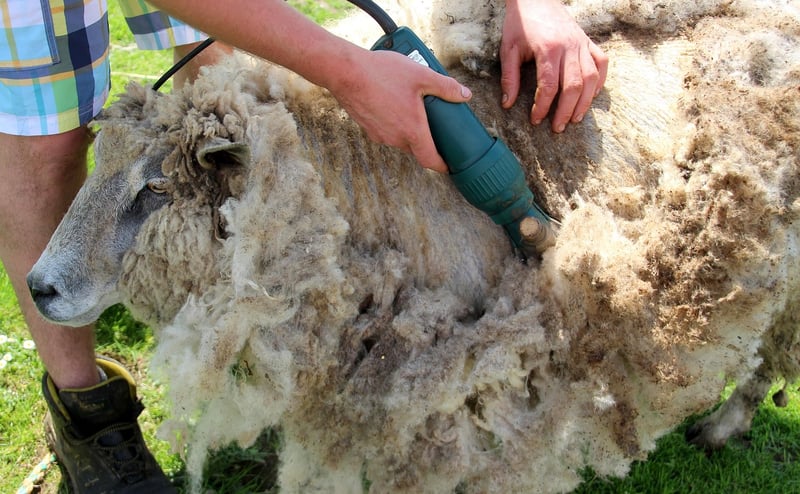
3. Shaping
Shaping is the process of trimming a plant to maintain its desired form or size. By selectively pruning branches, you can control the shape of the plant and encourage bushier growth. Regular shaping helps keep your garden looking neat and well-maintained.
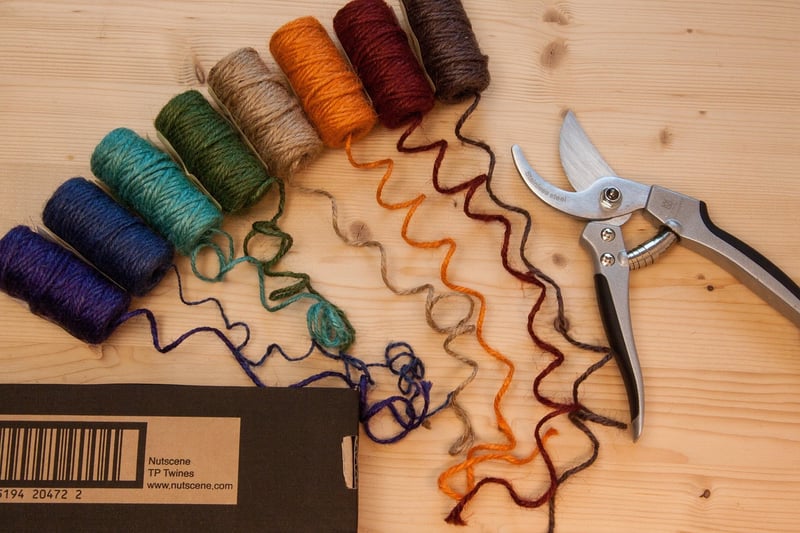
4. Heading Back
Heading back involves cutting back the tips of branches to promote lateral growth. This technique is useful for encouraging denser foliage and can help rejuvenate overgrown plants. Use heading back to shape hedges, promote branching, or control the size of shrubs.
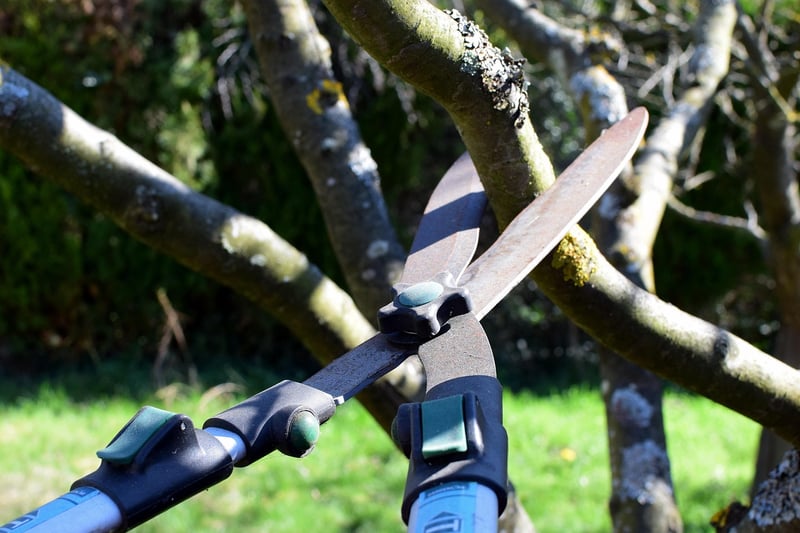
5. Rejuvenation Pruning
Rejuvenation pruning is a more drastic technique used to renew overgrown or neglected plants. It involves cutting the entire plant back to a few inches above the ground. While this may seem severe, many plants respond well to this type of pruning and produce fresh, vigorous growth.
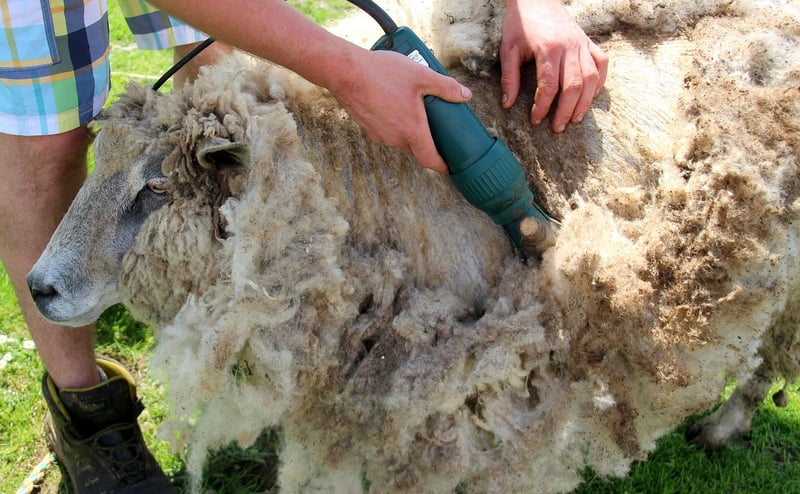
By incorporating these pruning techniques into your garden maintenance routine, you can ensure that your plants remain healthy, vibrant, and visually appealing. Remember to use sharp, clean tools and always prune with the plant's health and growth habits in mind.
For more gardening tips and tricks, check out our Gardening Guide.
